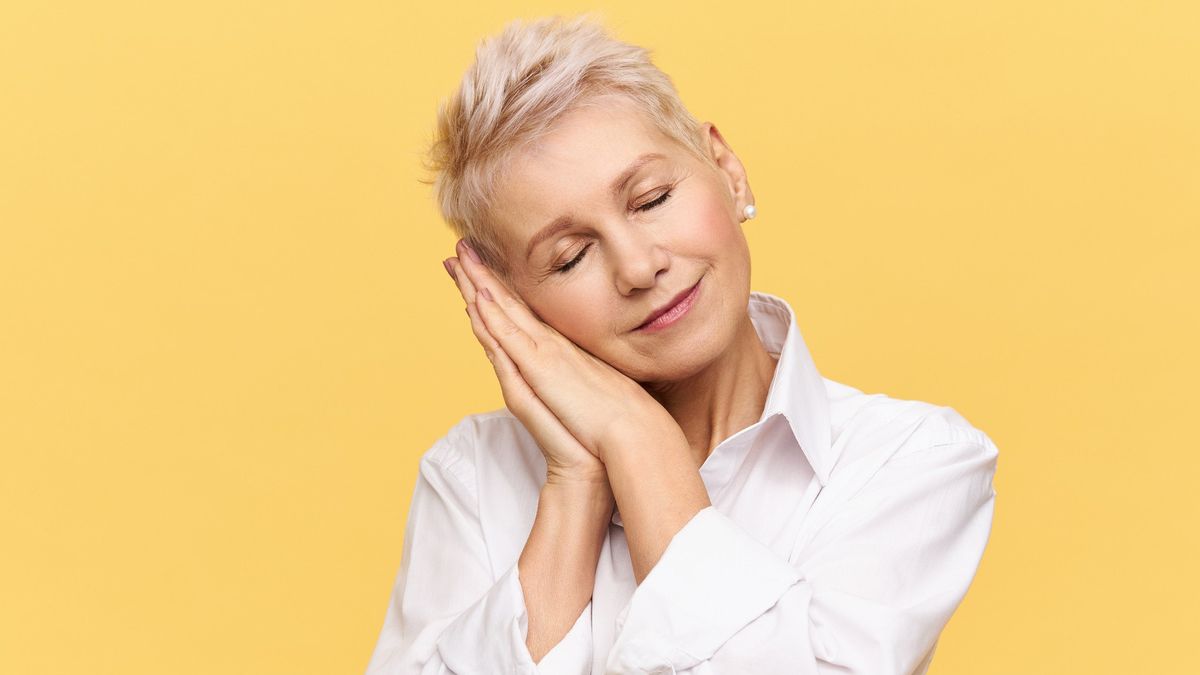JAKARTA – Problems trigger a level of alertness so it is easier to feel anxious and stressed. But experts found the most effective medicine, namely getting enough sleep.
Colin A. Espie, Ph.D., professor of medicine specializing in sleep in the Nuffield Department of Clinical Neurosciences, University of Oxford, says that sleep has restorative powers that enable people to thrive. There are also many ways to maintain adequate sleep, including figuring out the body's own natural rhythms.
Reported by Psychology Today, Thursday, January 13, in the animal world, sleep is a universal experience. Like giraffes, these animals find unique ways to fall asleep. In another study, monkey brains were restored with a good night's rest. The pattern is the same as humans who biologically need enough sleep to maintain brain sanity.
The pandemic, for example, in the study left 40 percent of Americans unable to sleep or experiencing insomnia. This number has increased significantly from 2019. Sleep, explains Espie, helps our mental health. So what happens if you can't get quality sleep at the best hours of sleep or at night?

In a survey conducted in August 2021, half of 2,000 Americans said their sleep was disrupted during the pandemic. This disorder creates an adverse effect on mental health during the day. Historically, other events, such as natural disasters, crop failures, and 9/11, have also affected sleep.
Espie further explained, the body has a regular rhythm. When a lifestyle disrupts these rhythms, the effects on the body and mind are significant. In 2020, Espie and a team of researchers from around the world formed the International COVID Sleep Study (ICOSS) with the aim of examining the effects of the pandemic on sleep.
Researchers took a systematic approach to measuring sleep across countries and translated the measures into multiple languages, finding broader patterns across cultures and countries.
From these studies, the good news is that sleep never disappoints because it is restorative and the most effective natural remedy for performing daily mental functions such as focus, study, memory access, and activities.
Blurring boundaries when spending more time at home was also associated with higher levels of anxiety, depression and insomnia. Of the 13 countries studied, the United States had the highest rate of insomnia symptoms (59.8 percent). If you are a person who has difficulty getting enough sleep, Espie suggests 3 effective ways.
First, identify your body's natural rhythm. Since forcing yourself to go to bed early or stay up all night is counterproductive, find out your body's natural rhythms. Second, if you have trouble sleeping despite your efforts, try getting out of bed and doing calming activities without a device.
Third, it only takes 10 minutes to close the day quietly, for example by writing down tomorrow's agenda. Espie's message, this can help calm the mind and fall asleep without having to linger overthinking.
The English, Chinese, Japanese, Arabic, and French versions are automatically generated by the AI. So there may still be inaccuracies in translating, please always see Indonesian as our main language. (system supported by DigitalSiber.id)













